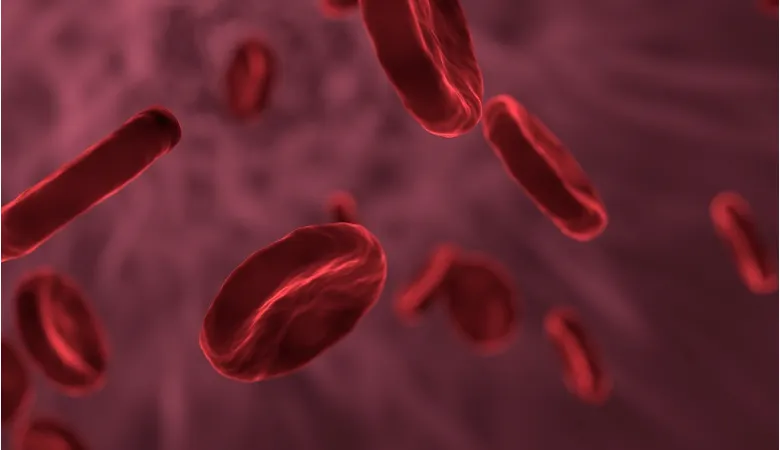I am delighted that the EU has chosen to support our work. Our collaboration will further our understanding of SCD, collect data, share best practice and implement the latest treatments. I am confident we can establish a coordinated program and develop sustainable partnerships that will improve outcomes for our patients.
Dr Baba Inusa
29 November 2018
King's and Evelina collaboration awarded €2 million to tackle sickle cell disease
Will Richard, Communications & Engagement Officer
Dr Baba Inusa awarded €2.1 million to create an international network to better understand and treat sickle cell disease (SCD).

A team led by Dr Baba Inusa, paediatric consultant at Evelina London Children's Hospital and honorary reader in paediatric haematology in King’s School of Life Course Sciences, has been awarded €2.1 million by the European Commission* to create an international network to better understand and treat sickle cell disease (SCD).
SCD is the name for a group of inherited diseases that affect red blood cells. People with SCD form abnormally shaped cells that can become stuck in blood vessels. Many patients have mild or no symptoms, but others experience periods of severe pain, increased risk of infection, severe anaemia, acute cerebral stroke and other end organ damage such as kidney failure and pulmonary hypertension, as well as premature death.
More than 300,000 babies are born worldwide with SCD every year. Although 85% of these births are in sub-Saharan Africa, because of migration SCD is now prevalent elsewhere and has become the most common inherited, life-threatening disorder in the UK and France.
In low- and middle-income countries fewer than half of affected children live beyond their 10th birthday. In contrast, more than 94% of those born with SCD in high-income countries survive into adulthood. There are multiple factors thought to be responsible for this disparity including poor access to early diagnosis, effective medication and comprehensive follow-up care.
Dr Baba Inusa, project lead, said:
Over the next four years African Research and Innovative Initiative for Sickle cell Education: Improving Research Capacity for Service Improvement (ARISE) will connect researchers, technical and administrative staff working across the EU, Africa, Lebanon and the USA. Work begins in January 2019.
* H2020-MSCA-RISE-2018
